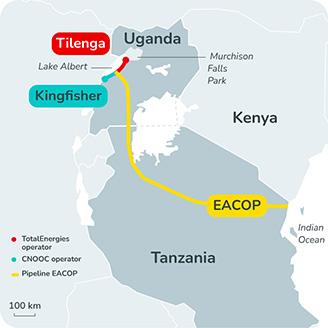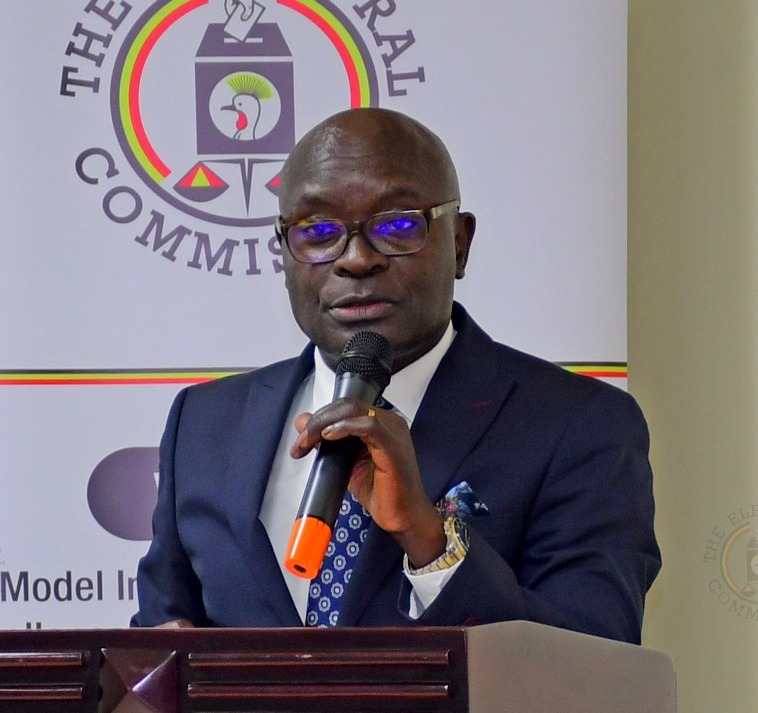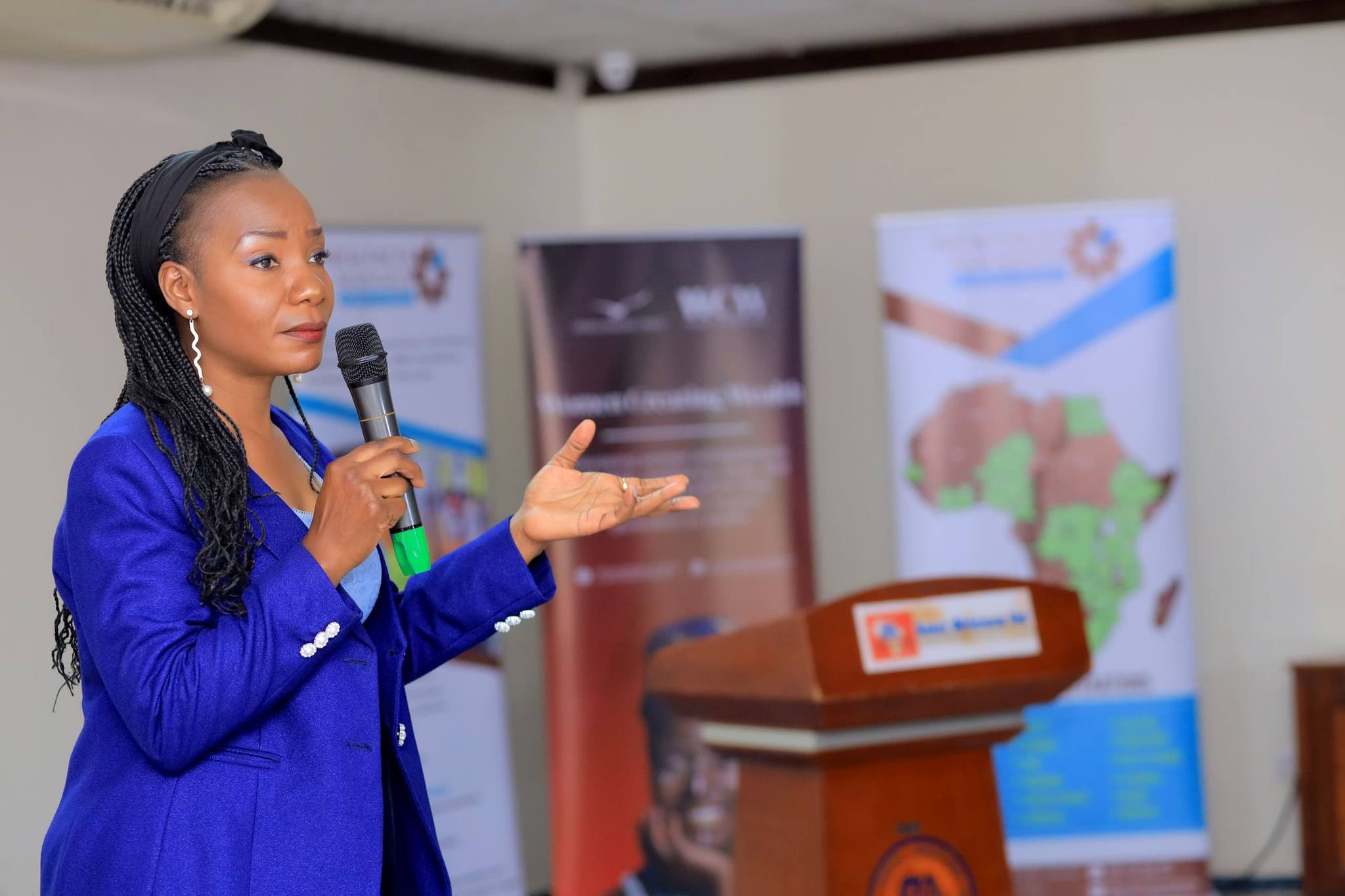Africa Climate Summit: Will this foster a Just Energy Transition in Africa?
African countries are among the most vulnerable to the impacts of climate change, experiencing the dire impacts of the climate crisis including drought, flooding, extreme weather temperatures, rising sea levels.

By Patrick Edema
Between September 4 to 6, 2023, the African and international leaders attended the African Climate Summit in Nairobi, Kenya where they deliberated on Africa’s unified position on the climate crisis ahead of COP28, the global climate talks, in December. They also developed the Nairobi Declaration for Green Growth, a blueprint for Africa’s green energy transition.
The Africa Climate Summit is the largest gathering of African Heads of State, Ministers, UN agencies, humanitarian and development partners, the private sector and youth in the continent’s history. It represents an unprecedented opportunity to address the increasing impacts of climate change on human mobility in Africa.
As you may know, not all countries are equally responsible for the climate crisis. African countries are among the most vulnerable to the impacts of climate change, experiencing the dire impacts of the climate crisis including drought, flooding, extreme weather temperatures, rising sea levels.
In 2022, more than 7.5 million internal disaster displacements were registered on the African continent (IDMC, Global Report on Internal Displacement, 2023).
The African Development Bank (AfDB) indicates that nine out of the 10 countries most vulnerable to climate change are in sub-Saharan Africa. These events are costing countries $7 to $15 billion a year and, unchecked, the AfDB warns these costs could soar to $50 billion annually by 2030.
The research commissioned by the United Nations Environment Programme (UNEP) also estimates the cost of adaptation to be about $50 billion by 2050 if the global temperature increase is kept within 2 degrees. The high dependence of the continent on rain-fed agriculture compounds these vulnerabilities.
Worse to note, the World Meteorological Organisation (WMO), also reports that more than 30 gigatonnes of CO2 are released into the Earth’s atmosphere every year and this is the main source of greenhouse gases that contribute to climate change, and most of these gases come from the use of fossil fuels, non-renewable energy production and polluting human activities.
The top ten polluters include China – 10,065 million tonnes of CO2, the United States – 5,416 million tonnes, India – 2,654 million tonnes, Russia – 1,711 million tonnes, Japan – 1,162 million tonnes, Germany – 759 million tonnes, Iran – 720 million tonnes, South Korea – 659 million tonnes, Saudi Arabia – 621 million tonnes and Indonesia – 615 million tonnes of CO2, while Africa, an entire continent, accounts for only four (4) per cent of global carbon emissions, despite being the continent suffering the most devastating effects of the climate crisis.
That is why, according to the 1992 Rio Declaration, now known as the polluter pays principle, those who cause pollution should bear the costs of dealing with it to prevent damage to human health or the environment, as the world agreed that the biggest polluters must take action to reduce their carbon emissions, but also to offset their carbon footprints by supporting environmental projects around the world.
Despite such declarations, the catastrophic effects of climate change in Africa are not only wreaking havoc on local communities, but are becoming a major obstacle to achieving the just energy transition. Urgent action to combat this threat is no longer a matter of choice but of existential necessity.
It is true that the world is gradually waking up to the climate emergency where major oil and gas companies from Europe and North America are increasingly losing their license to operate there however, they are turning to Africa to try and secure at least a few more years of extraction and profit. Yet decades of fossil fuel development in Africa have failed to bring prosperity and reduce energy poverty. African countries whose economies rely on the production and export of fossil fuels are suffering slower rates of growth, sometimes up to three times slower than those with more diverse economies.
For instance, in Mozambique, where foreign companies have built a $20bn offshore natural gas field and onshore liquefied natural gas facility, 70 percent of the country still lives without access to electricity. The gas is not for local people. Fossil fuels development has often had terrible consequences for the communities exposed to it.
In Cabo Delgado, the area around the gas fields of Mozambique, for example, the industry destroyed the lives and livelihoods of the locals but delivered few of the promised jobs and compensation. In Nigeria, Uganda, Angola and the Democratic Republic of the Congo, the arrival of oil brought poverty, human rights abuses, and the loss of traditional lands and cultures.
The investments in fossil fuels are not investments for the people. The gas prices are inherently volatile, as the consequences of Russia’s invasion of Ukraine are currently demonstrating. In many African countries, where costly fossil fuel projects already demonstrated they can do little to alleviate debt burdens and new fossil fuel investments will only serve to pile more debt on existing debt.
The renewable energy presents an unequivocally better alternative to all this. Electricity from solar and wind is now largely cheaper than electricity form gas and prices don’t experience dangerous fluctuations.
Therefore, if African countries are to stand a chance to achieve the just clean energy transition, there must be an increase in investment in renewable energy and climate action and this requires strong political commitment to increase the pace of implementation as opposed to prioritizing fossil fuels.
Patrick Edema is ab Environmental Engineer and Programmes Coordinator at AFIEGO







